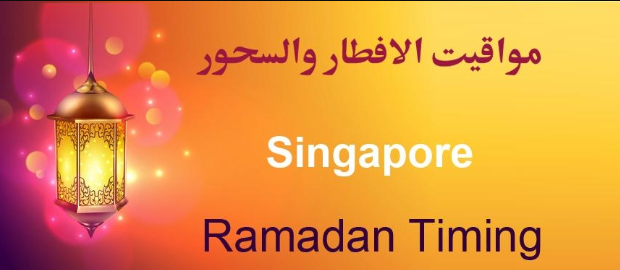Diabetic and thyroid patients share the struggles of fasting during Ramadan and the social stigma they face.
SINGAPORE: Ramadan is a time for fasting, reflection, and devotion, but for some Muslim men in Singapore, it’s also a time of inner conflict and social pressure. Mus, now 34, recalls a life-threatening experience in 2016 when he nearly slipped into a diabetic coma due to fasting. Despite being advised by doctors to refrain from fasting because of his diabetic and heart conditions, Mus continued the practice due to family and societal expectations. “I was sleeping and just felt really cold,” he recalls. “I felt my body shutting down.” Fortunately, he managed to grab a packet of honey to prevent further harm, but that experience changed his view on fasting.
After that day, Mus stopped fasting and told his mother, “I don’t want to fast anymore.” But for him, the consequences of not fasting extend beyond health risks. As a diabetic and heart patient who survived three heart attacks, Mus has faced uncomfortable situations when buying food or ordering delivery during Ramadan. The societal pressure to conform is overwhelming, especially when people wrongly assume that his inability to fast is due to his weight rather than his health conditions. “They would compare my situation to others, saying ‘Oh, my uncle is diabetic and he fasts fine. Why can’t you?’” he shares.
In the years since he stopped fasting, Mus has become adept at eating in private to avoid judgment from others. Whether at Halal eateries or food deliveries, he keeps his eating habits discreet, even making sure not to interact with Muslim delivery drivers during Ramadan to avoid causing discomfort. “It’s not out of shame, but out of respect for the month and those fasting,” he explains.
For Khai, 37, his experience with Ramadan is also complicated by a medical condition. Diagnosed with hyperthyroidism in 2017, Khai’s metabolism causes his body to burn food quickly, making fasting difficult. Although not as severe as Mus’ condition, Khai has struggled with heart palpitations, extreme fatigue, and dehydration while fasting. “Once, when I was in a cab, my heart was racing, and I didn’t have water. It made me feel agitated, like my heart was going to beat out of my chest,” he recalls.
While Khai doesn’t face judgment from others for breaking his fast, he admits feeling unfulfilled when he’s unable to fast throughout Ramadan. He compensates by focusing on other religious practices, such as night prayers, reciting the Quran, and fasting on days after Ramadan. “My health is a priority, and I just manage it responsibly while trying to fulfill my religious duties as best as I can,” he says.
For Mus, the issue goes beyond fasting—it’s about how he is perceived. Despite the social pressure, he doesn’t believe his inability to fast makes him any less of a Muslim. “Islam says that if something harms you, it’s prohibited to do it. My intention of not fasting is self-preservation, and that doesn’t make me any less or more of a Muslim.”
Both Mus and Khai’s experiences highlight the complexities of Ramadan for those who cannot fast due to health conditions, as well as the social stigma they face. Ultimately, they continue to honor their faith through alternative practices, emphasizing that intent and personal well-being are key to their religious observance.








